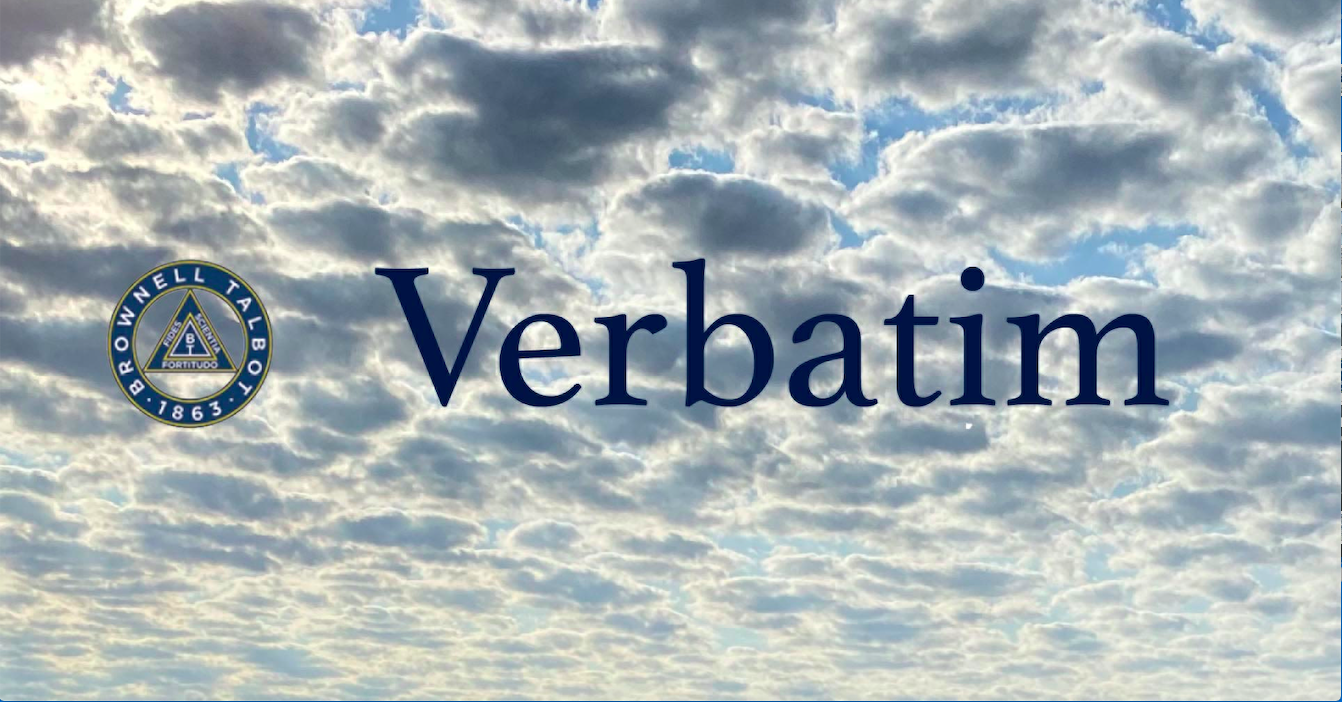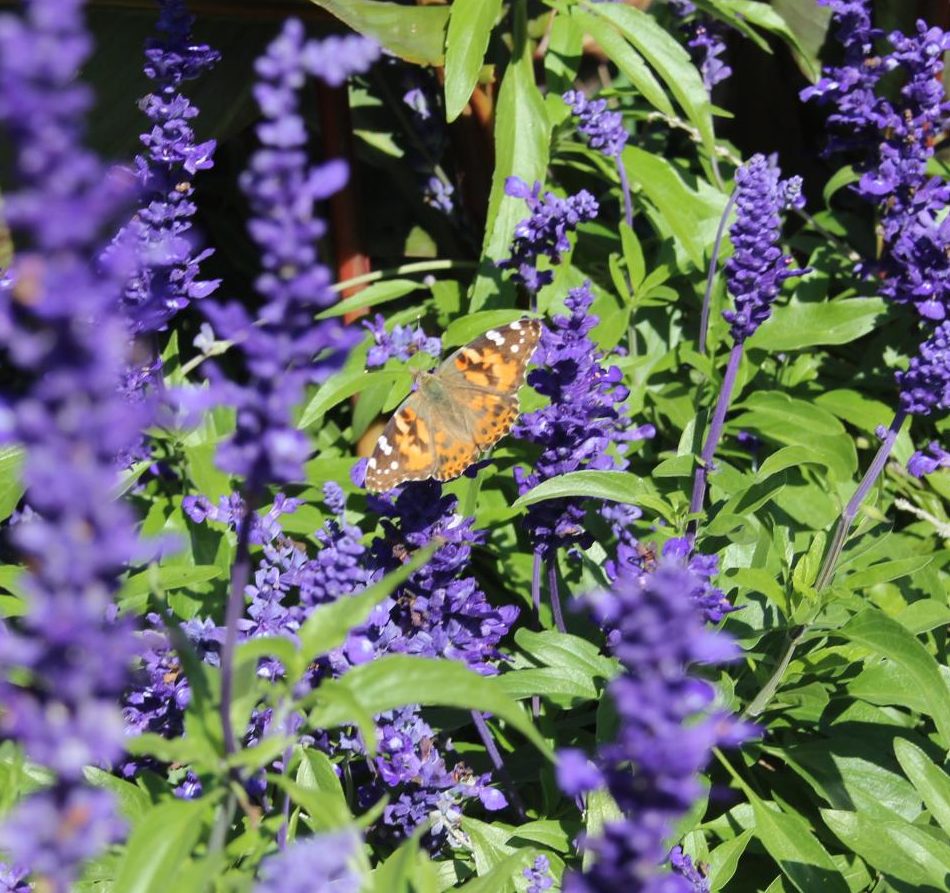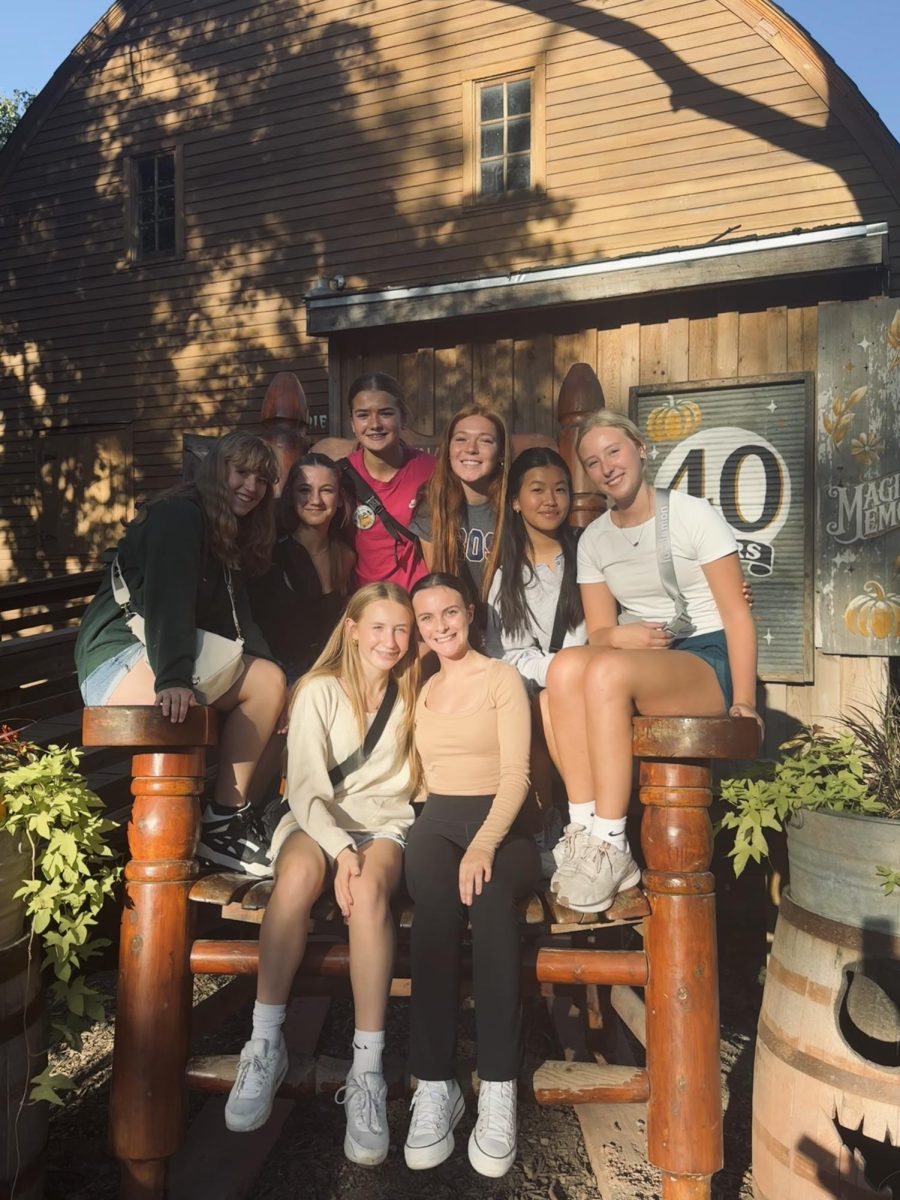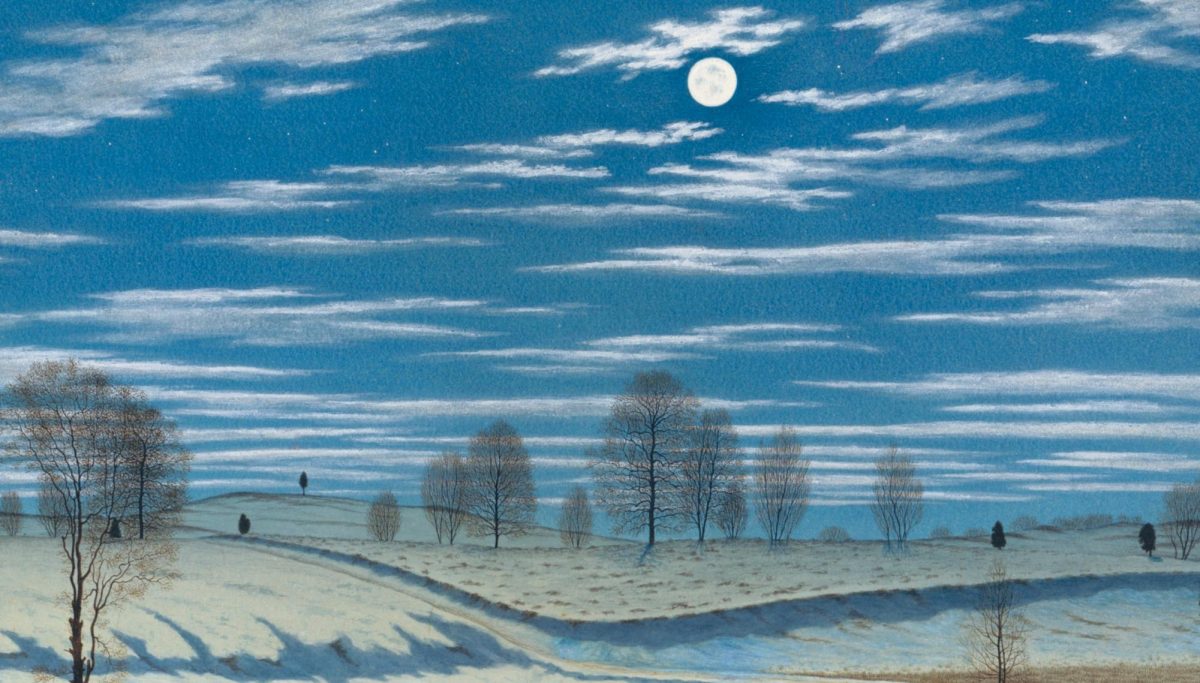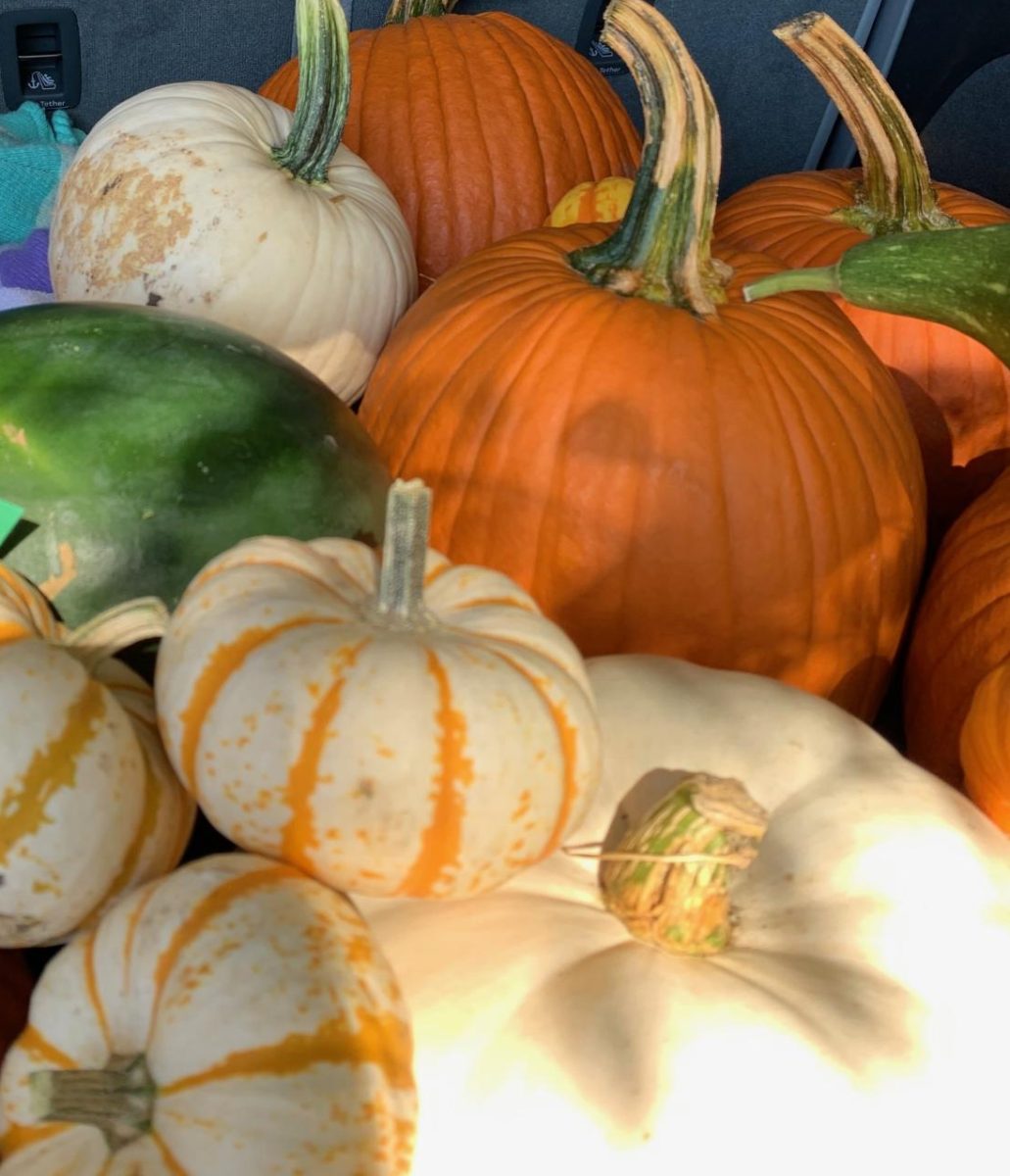Many young children are taught about the importance of pollinators in their classroom. As we grow up, we have to face the realities of protecting and keeping their populations secure through legislation and the government. Pollinators, although never losing their importance, have become unnoticed in our state legislature and fade to the background in the busy world of politics. By talking to two professionals, Dr. Theodore Burk and Ms. Jennifer Hopwood, we learned about pollinator legislation in Nebraska and how that can affect the busy world of insects, farmers, and citizens.
Pollinators play a crucial role in ecosystems all over the world, including here in Nebraska. Pollinators help maintain biodiversity and productivity, helping to grow up to ⅓ of the plants from where we get our calories. This includes soybeans, which are a staple crop for Nebraska. In our state, it is necessary to focus on keeping our pollinator habitats and homes strong in order to maintain the health of our native plant communities. Many people automatically think of bees when thinking of pollinators, but pollinators include a variety of insects such as sweat bees, bumble bees, flies, beetles, and butterflies. Many of these insects transfer pollen without it being their principal focus. They do this by flying around and leaving pollen on different plants and flowers. Some of these bugs are also pollinators of different species of plants that honeybees cannot reach, so it is necessary to focus on keeping their populations secure and healthy for the livelihood of all species of our native flora.

Perhaps the most effective method of keeping focus on pollinators is through legal action. Legislation has protected countless species of the world from extinction through preventative measures like the Migratory Bird Act, the National Environmental Policy Act, and the Endangered Species Act. While laws protecting birds, fish, and exotic animals pop up with a simple Google search, the same is not true for pollinators. The noteworthy absence of laws governing pollination speak to the increasing need for more attention to be brought to the issue. Jennifer Hopwood, the Senior Pollinator Conservation Specialist with the Xerces Society, provided detailed insight into the need for such legislation, as well why a state like Nebraska—with a large agricultural economy dependent upon monocultural crops like corn and wheat—has a hard time getting such legislation out of committee.
Ms. Hopwood noted that without a solid backbone and government support, the honeybee industry, as well as myriad wild pollinators, face a much higher risk of extinction. In order to combat this risk, LB828 was brought up by Carol Blood. Through this bill, the Nebraska Apiary Act—a scant 9-page paper governing good beekeeping practices—would be updated, a “Pollinator Task Force” would be established, and an Apiary Registry would be created to document and collect information on beekeepers. Such an act would be crucial to the Nebraska bee industry, as these measures would provide the basis for further research into the field. The Pollinator Task Force, for example, would consist of a council of several individuals such as scientists, lawmakers, and beekeepers that could holistically assess the health of the honeybee industry and propose new/updated legislature and deeper studies. Also providing consistency would be the Nebraska Apiary Registry, which would bring consistency and raise the bar for Nebraska beekeepers. As it stands, no registry currently exists, so beekeepers have great leeway in their actions, which in turn fosters bad practices that lead to disease and the loss of precious honey. The balance between honeybees and their ecosystem is extremely delicate, so a law that establishes a “guideline” of sorts could be a great help to Nebraska beekeepers. However, many don’t see the importance of beekeeper legislation in Nebraska, especially since many of the staple crops like corn are wind pollinated. In reality, Nebraska’s need for honeybees, as well as pollinators in general, cannot be overstated.

To gain a better understanding of the role of pollinators in Nebraska, we spoke with Dr. Theodore Burk from Creighton University. He specializes in insect conservation biology and has contributed much research to his field. One thing that stood out to us was the drastic decline in the amount of domesticated beehives in the past 60 or 70 years; a decline of about 50%. This may be attributed to a range of factors including diseases, mites, the part of the country where the bees are from, and the weakening of bees by commercial practices, etc. Commercial beekeepers are largely our sources for information on bees and how they’re doing overall with pollination and honey production. These large-scale businesses transfer bees across the country to pollinate specific crops, and this transport to different climates can affect the native populations of the bees with mating across the domesticated and wild types. The domesticated bees are often weaker and less resilient, which may account partly for a decline of these populations. Despite the need, it is also difficult for the average person to get into beekeeping due to the complication and cost, but it is not difficult for the average person to provide a habitat for bees and other pollinators. Dr. Burk, however, is optimistic about the scope of how other pollinator species may supplement this decline of bees. Insects, like the many types of bumblebees here in Nebraska, are great species to find in a garden. Gardeners can easily make room for other pollinators that are not as dangerous or frightening as bumblebees.
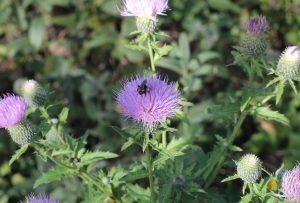
While the beekeeping industry might seem much too nuanced and difficult for the average person, there are many ways to pitch in to ensure the future of pollinators. One of the most popular methods is by planting a pollinator garden. By replacing a lawn, a biological desert, with several types of flowers, pollinators will have a safe place to rest and refuel. When deciding the types of flowers to plant, Dr Burk recommends native plants, as bringing foreign flowers to a garden could negatively affect the surrounding environment. For butterflies, plants like milkweed provide excellent host sites for eggs. Wild bergamots and asters also make the list, but Dr. Burk insists that the single best plant is the tall thistle. “The name gives them a bad rap because of laws requiring people to pull out other types of thistles,” Dr. Burk acknowledges, “but they are noticeably different—they’re native, too.” A crucial part of any pollinator garden is that at least one plant is always blooming at any point during the summer, from May to the first freeze. Also important is leaving some land empty. “70% of bees nest underground, so it’s important to leave some bare patches,” Dr. Burk advises. For the bee species that nest above ground, nest boxes can be easily bought or even made. Above all, though, he stresses that there is no panacea when it comes to gardens. What blooms beautifully in one garden could wither and die in the garden a few miles away. Experimentation and diversity is a requirement in order to have a successful pollinator garden. Other actions a person can take include supporting initiatives, talking to representatives, participating in citizen science, and tracking native pollinator populations. Whatever method one chooses, the end goal is to keep attention on pollinators, helping them along and demonstrating their importance to legislators, who could then set up permanent laws that would ensure the prosperity of pollinators for generations to come.
Unfortunately, by the time that Ms. Hopwood visited our campus and sat down with us to discuss the bill, LB828 had already failed to make it out of committee, and thus will not be debated or passed into law in the current legislative session. With Senator Blood coming to the end of her term, Ms. Hopwood and others advocating on behalf of pollinators do not have much optimism that another sponsor will pick up the bill or craft any new legislation that aims to protect Nebraska’s pollinators. With legislative options stalled or dwindling, Ms. Hopwood spoke of numerous ways that residents of Nebraska can be proactive about protecting pollinators themselves, and has even agreed to work with BT students on enhancing the pollinator habitat behind the chapel. The Xerces Society also offers citizen science opportunities like the Bumble Bee Atlas, which tracks and conserves one of the most essential, but also threatened, pollinators in Nebraska. With these activities and others available for students from Early Years to the Upper School, hopefully BT will soon be a place in which the challenges of pollinator conservation are addressed head-on, and the bees, butterflies, birds we see buzzing and soaring around our campus truly appreciated for all of the essential ways they improve our lives.
